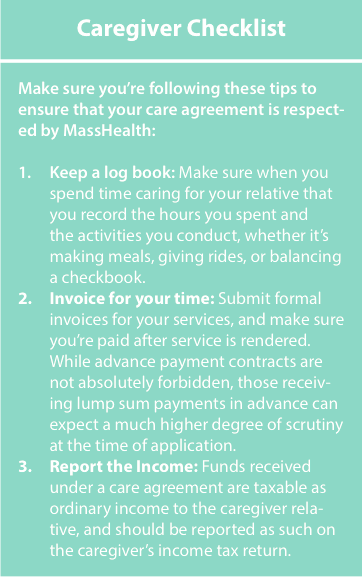The common law doctrine of “piercing the corporate veil” is an equitable remedy, which allows the courts to disregard the corporate form, and access the assets of a corporation’s shareholders where such a remedy is required to prevent fraud or injustice. Although the issue is not well settled (due to the LLC’s relative immaturity as an entity), it is likely that courts would apply the veil piercing doctrine equally to the members or managers of a single member LLCs in Massachusetts. The Supreme Judicial Court has ratified a 12 factor test, used by the trial courts, to determine whether the corporate or LLC veil should be pierced:
(1) common ownership; (2) pervasive control; (3) confused intermingling of business assets; (4) thin capitalization; (5) nonobservance of corporate formalities; (6) absence of corporate records; (7) no payment of dividends; (8) insolvency at the time of the litigated transaction; (9) siphoning away of corporate funds by dominant shareholder; (10) nonfunctioning of officers and directors; (11) use of the corporation for transactions of the dominant shareholders; and (12) use of the corporation in promoting fraud.
Observation of corporate formalities is a less significant factor when dealing with LLCs, because the LLC statute gives the entity the flexibility to keep processes informal. However, where a written operating agreement has been adopted, members should be careful to conform business practices to the terms of the agreement.
Further, because owners of single member LLCs, by definition, exercise pervasive control over their businesses, to preserve the liability protection function of their LLC, such owners should be particularly careful to avoid the commingling of their assets with those of the LLC, and should keep meticulous records of transactions and activities conducted by the LLC. Further, such business owners should avoid using the LLC’s assets, accounts, or credit cards for personal transactions, and should be clear to tenants, vendors, and other third parties that they are dealing with the LLC as an entity, and not the owner in his or her individual capacity.
Additionally, members should not take distributions that would leave the LLC undercapitalized and therefore lacking assets to pay potential creditors. The absence or insufficiency of liability insurance may contribute to a determination of undercapitalization, but does not itself constitute undercapitalization.





